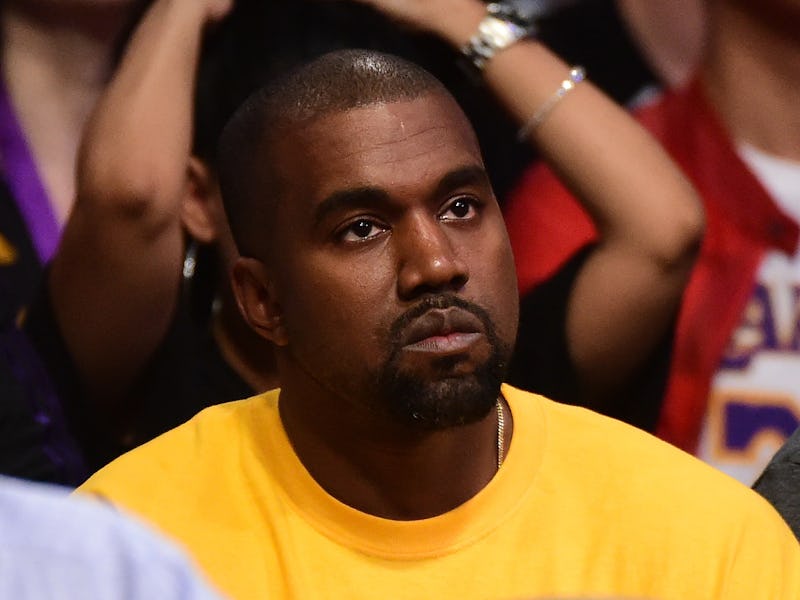Elegant rhetoric notwithstanding, William Shakespeare was wrong when he said: “A rose by any other name would smell as sweet.” Names affect not only how people are judged but also how people present themselves to the world, according to a new study. In the research, scientists argue that names are a self-fulfilling prophecy: The moment you get your name can spell a lifetime of fortune or doom for your face.
In the Journal of Personality and Social Psychology, a team of international scientists explain that people subconsciously change their facial appearance to fit the social expectations attached to a name. This facial shaping can involve something as simple as using particular facial expressions — say, resting bitch face — or controlling the shape of a face with a haircut. Names, the researchers explain, have a “Dorian Gray” effect: Just as Gray’s actions affected how his portrait looked in the classic Oscar Wilde novel, names change how people’s faces look.
“Society treats a person according to the stereotypes of his or her name,” co-authors Yonat Zwebner, MBA, and Ruth Mayo, Ph.D., explain in an e-mail to Inverse. “In turn, this person develops according to society’s expectations: she or he behaves accordingly and makes choices accordingly, which eventually are manifested in his or her facial appearance.”
The researchers came to this conclusion after conducting experiments where they found that people asked to match names to faces were significantly better at it when they used their gut instincts rather than leaving their decisions up to chance. Across eight studies, hundreds of university students from Israel and France were given colored headshot photographs of a person and then a list of names to choose from. In experiments where students looked at images of people from their own country, they correctly put names and faces together with 25 to 40 percent accuracy using their gut instincts. When they correlated names and faces randomly, they only got it right 20 to 25 percent of the time.
A sample question from the study.
Interestingly, these results did not hold up when they were asked to do the same thing but with images of students from a different country. The Israelis were better at matching Hebrew names to Israeli faces, and French people were better at matching French names to French faces. The researchers believe that this discrepancy can be explained, in part, to the influence of cultural stereotypes on particular names.
To further test whether it was the shape of the face that influenced the accuracy of pairing names with photographs, the researchers plugged in a learning algorithm into a computer model and then fed it over 94,000 facial images. This time, the computer correctly paired the data with 54 to 64 percent accuracy using this algorithm; random pairing, in contrast, only resulted in a 50 percent accuracy. Then, the researchers took their research one step further to pinpoint exactly why accuracy varied so much.
“By systematically analyzing the computer’s errors, we were able to generate ‘heat maps’ which portray the facial regions that are important for generating a correct map,” the researchers explain. “The heat maps suggest that the areas that are responsible for our expressions and mimics, are more important for matching names to faces.”
The red areas were important for accurate matching.
This research suggests that, in a way, what we’re called as infants has a repercussive effect on the rest of our life, influencing both how we present ourselves to the world and how the world assesses us in turn. But what about people who don’t present themselves to the world with their real names, celebrities like Madonna or Lana Del Rey? For now, the researchers say, these people are a bit of an anomaly that are worth further study.
Using fake names, they say, “might be similar to the case of people with dual citizenships who have two names (like an Asian name and an American name).” Explaining further, they predict that “these people will look less like one of their names, as they did not grow up with one name that has a specific stereotype.”
Their findings so far would support this hypothesis — they found that people with “exclusive nicknames” didn’t look like their nickname or their given name, placing them in a much harder to match category. Lady Gaga might look like Lady Gaga to people who know who she is, but if you gave her photo to someone who’s been hiding in a cave for the past twenty years, she could very well just be a Tiffany.
